Seven Shadows – Day Seven: The Asphalt Jungle
 Our final movie for Seven Shadows Week is The Asphalt Jungle (1950), arguably one of the best caper movies ever made, and a first-rate feature from the film noir era. The story of a jewelry heist that is intricately planned and executed by a motley crew of small-time crooks, Asphalt Jungle is based on a novel by W.R. Burnett, who also wrote Little Caesar and High Sierra. (For the review of this feature, pop over to Andrew’s site, and also click here to check out one of my first posts at Shadows and Satin, which takes a look at the oh-so-fascinating characters that populate the film.)
Our final movie for Seven Shadows Week is The Asphalt Jungle (1950), arguably one of the best caper movies ever made, and a first-rate feature from the film noir era. The story of a jewelry heist that is intricately planned and executed by a motley crew of small-time crooks, Asphalt Jungle is based on a novel by W.R. Burnett, who also wrote Little Caesar and High Sierra. (For the review of this feature, pop over to Andrew’s site, and also click here to check out one of my first posts at Shadows and Satin, which takes a look at the oh-so-fascinating characters that populate the film.)
For my last Seven Shadows entry, I decided to offer up a variety of trivia surrounding the film and its performers. I hope you enjoy this mish-mash of this and that, and I thank each and every one of you who took the time to join Andrew and me during Seven Shadows Week. It’s been an awesome experience! (I offer special and most heartfelt appreciation to Andrew, for conceiving such a great idea for this blog event, and for inviting me to tag along for the ride!) Here goes . . .
James Whitmore played Gus, the hunchbacked diner owner who is hired as the getaway driver. Whitmore graduated from Yale University in 1944, and debuted on screen in the 1949 noir The Undercover Man, starring Glenn Ford. He was married for seven years, from 1972 to 1979, to actress Audra Lindley, who is best known as Mrs. Roper on the popular 1980s television show Three’s Company.
Director John Huston was advised by on-set safecracking experts for the film’s robbery sequence. Huston was nominated for an Academy Award for best director, and Huston and screenwriter Ben Maddow were nominated for best screenplay. Joseph L. Mankiewicz won for All About Eve in both categories. (Mankiewicz, incidentally, is the great-uncle of Turner Classic Movies personality Ben Mankiewicz.)
Reportedly, John Huston originally intended the role of Angela Phinlay for actress Lola Albright, who was seen in Champion (1949) with Kirk Douglas. The year that The Asphalt Jungle was released, Albright was seen in a total of six features, including The Killer That Stalked New York, as the sister of the smallpox-carrying Evelyn Keyes. Among the starlets who reportedly tested for the role of Angela was Georgia Holt, the mother of Cher.
The role of Angela Phinlay, of course, ultimately went to Marilyn Monroe. When Monroe landed the part, her acting coach, Natasha Lytess, quit her job as head drama coach with Columbia Studios, so that she could coach Monroe from the sidelines of the Asphalt Jungle set. At the end of each take, Monroe would look to Lytess for approval. At the end of Monroe’s first scene in the film, when you see her briefly glance to the left as she walks off camera, she is reportedly looking at Lytess.
Miklos Rozsa wrote the score for the film, but it was used sparsely. The music was only heard for about six minutes in the entire film, playing under the opening credits and up to the point where Dix Handley enters Gus’s diner, and not again until the end of the film, as Dix approaches his boyhood farm in Kentucky.
Barry Kelley, who played the crooked cop Lt. Ditrich, was once described as “a big, burly guy whom you could hardly have avoided if you’ve been going to movies at all lately.” Born in Chicago, Kelley was educated at the city’s Goodman School of Theatre. His film debut was in the 1948 film noir Force of Evil, and during the next seven years, he appeared in an additional 10 noirs, including The Undercover Man (1949), 711 Ocean Drive (1950), Southside 1-1000 (1950), and New York Confidential (1955).
A total of four men die in the film. The first is Bob Brannon, played by Brad Dexter. Ten years later, Dexter portrayed Harry Luck in The Magnificent Seven – he was the first character to die in that film as well. Dexter developed a close friendship with his Magnificent Seven co-star Yul Brynner and served as best man at Brynner’s wedding, which was held on the set of the movie. Dexter was born Boris Milanovich in the mining town of Goldfield, Nevada. After appearing in 30 films over a span of three decades, he all but abandoned his acting carer, earning a measure of fame as the producer of such features as Little Fauss and Big Halsy (1970), starring Robert Redford, and Lady Sings the Blues (1972), a box-office smash starring Diana Ross as singer Billie Holiday.
Louis Calhern, who played the double-crossing attorney Alonzo Emmerich, was married four times – all actresses. His first marriage, which lasted eight months, was to Ilka Chase, who played Lisa Vale in Now, Voyager. His third wife was Natalie Schafer, best known to today’s audiences as Lovie Howell on Gilligan’s Island. They were married from 1933 to 1942. Calhern was in Tokyo, Japan, filming The Teahouse of the August Moon in 1956 when he suffered a fatal heart attack.
Sam Jaffe played Doc Reidenschneider, the mastermind behind the jewelry heist; Jaffe won the Best Actor Prize at the Venice Film Festival for his performance, and was nominated for an Academy Award for Best Supporting Actor (he lost to George Sanders in All About Eve). Born Shalom Jaffe in 1891, the diminutive actor was a victim of the Hollywood blacklist when his name was included in the Red Channels pamphlet on a list of performers who were sympathetic to communism. At the time, he’d just been signed to appear in The Day the Earth Stood Still (1951). Producer Julian Blaustein and director Robert Wise convinced 20th Century Fox studio head Darryl Zanuck that Jaffe was essential to the film. It was Jaffe’s last film for seven years.
Photography for The Asphalt Jungle was by Harold Rosson, who was actress Jean Harlow’s third and last husband. Rosson was nominated for an Academy Award for best black and white photography, but he lost to Robert Krasker for The Third Man.
Actor Strother Martin made his debut in The Asphalt Jungle; he can be seen as one of the three men in the police line-up in the opening scene. Martin grew up in Indianapolis and Cloverdale, Indiana; an excellent swimmer and diver, he won the National Junior Springboard Division Championship at the age of 17, attended the University of Michigan as a member of the diving team, and served in the U.S. Navy as a swimming instructor in World War II. After he moved to California to become an actor, he worked for a time as a swimming instructor to Marion Davies and the children of Charlie Chaplin.
The IMDB states that The Asphalt Jungle also marked the film debut of Jack Warden, but try as I might, I wasn’t able to spot him. Warden was, however, the star of the 1961 TV series by the same name, which lasted for 13 episodes and focused on cases taken from the Los Angeles Police Department. (Could it be that the IMDB entry is confusing Warden with his association with the television series – or does he actually appear in the movie? If you know the answer to this question, don’t keep it to yourself – please share with the rest of the class.)

Dorothy Tree, who played Alonzo Emmerich’s wife, enjoyed a second career after leaving the big screen.
Dorothy Tree, a founding member of the Screen Actors Guild, played Alonzo Emmerich’s invalid wife, May. After a long career on stage and film, in New York and Hollywood, Tree changed her name to Dorothy Uris and embarked on a second career as a speech and voice coach at the Metropolitan Opera in New York, and teaching speech and acting at the Mannes College of Music and the Manhattan School of Music. She was the author of several books, including To Sing in English, which is still in print and used by teachers of speech and voice.
Actor Frank Cady, best known for portraying Mr. Drucker in Green Acres, played a small role in the film’s first scene, where Dix Handley is in a police line-up. After making his film debut as a farmer in Mr. Deeds Goes to Town (1936), Cady was later seen in numerous noirs, including He Walked By Night (1948), The Crooked Way (1949), Abandoned (1949), D.O.A. (1950), and Ace in the Hole (1951).
And that’s it! I hope that Seven Shadows has introduced you to some films you’re never seen, or inspired you to rediscover some old favorites. Either way, thanks again for sharing our love for noir during the last seven days!
(One more thing: don’t forget to enter my giveaway for a copy of Film Noir: The Dark Side of the Screen by Foster Hirsch. To enter, just leave a comment after any of my Seven Shadows posts, or retweet any announcement I make about the event on Twitter. Giveaway winners will be randomly selected from all entrants and announced on May 8th.)







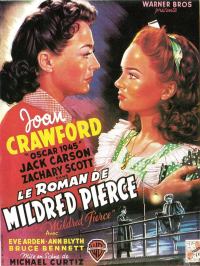




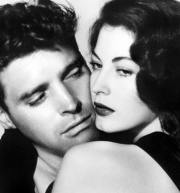














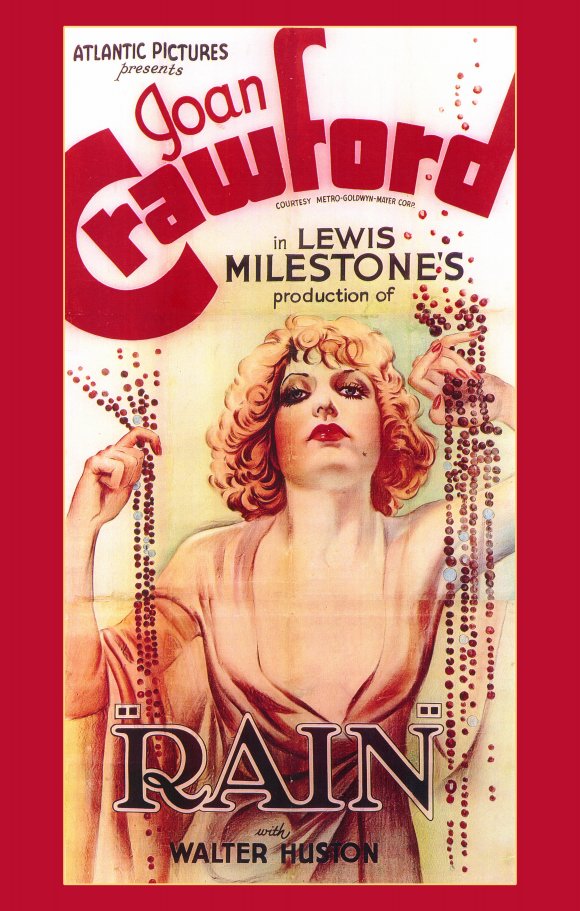

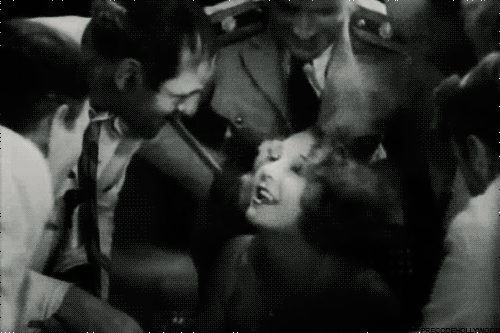
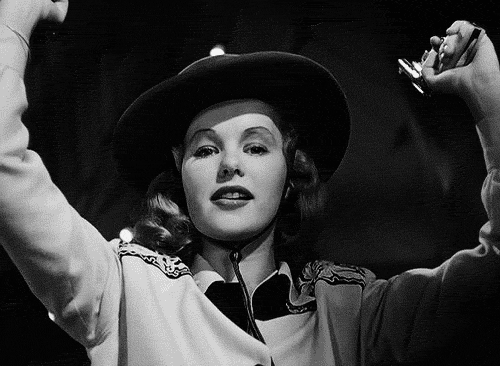

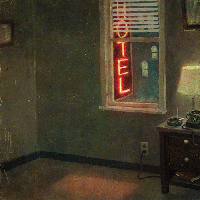
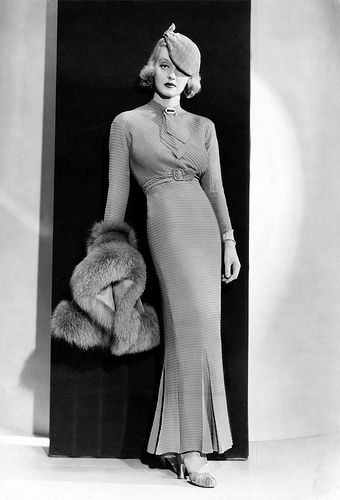



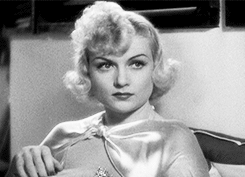





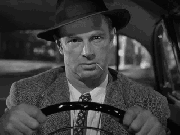
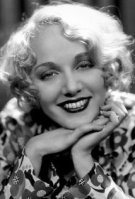
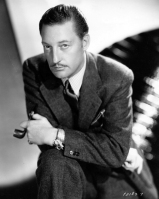
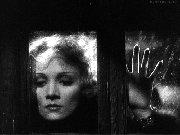


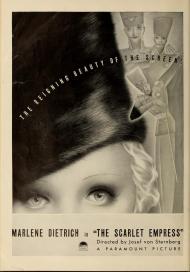
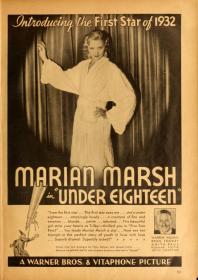
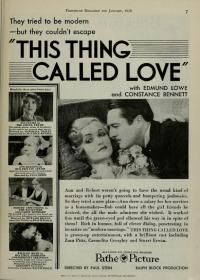


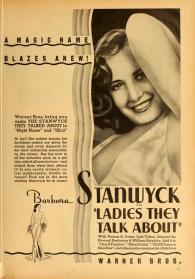


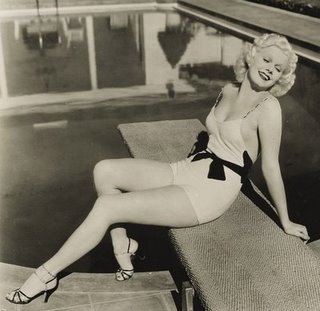




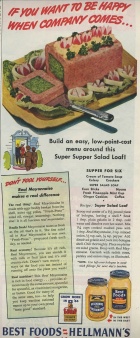
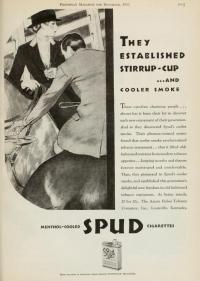

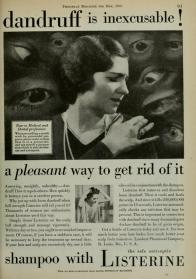
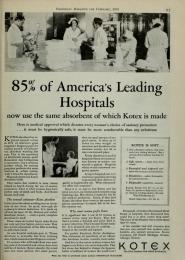
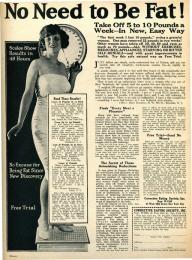


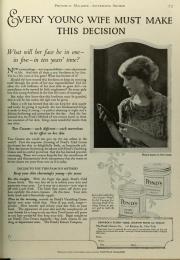
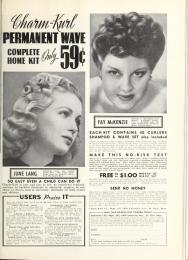
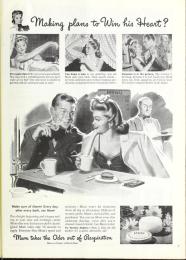


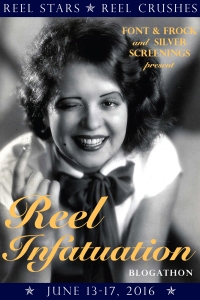

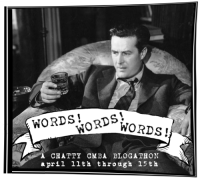

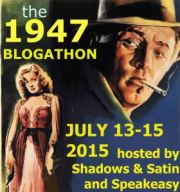
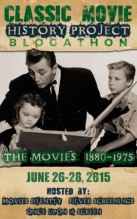



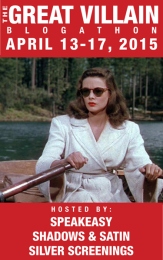

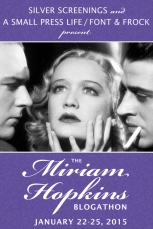
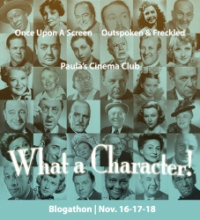
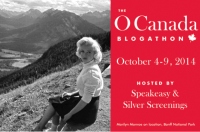



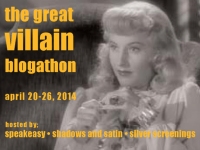
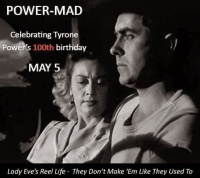


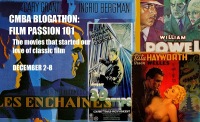
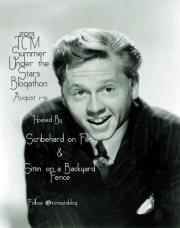





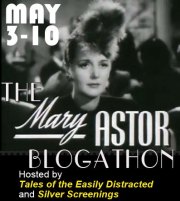


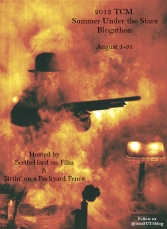


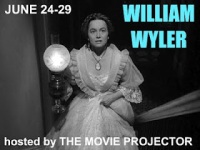

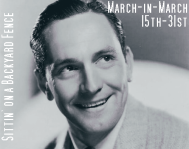
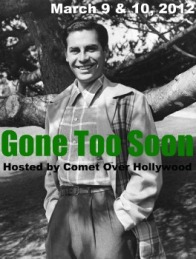


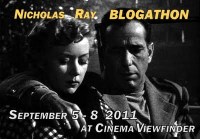

Great finale to a terrific week of SEVEN SHADOWS, everybody! THE ASPHALT JUNGLE has long been one of my favorite film noirs, but it took the crack writing/research team to give me all the fascinating facts about the film’s making, and the people responsible! Color me wowed! 🙂
Thanks so much for your comments, Dorian — and for your wonderful support all week long. You are most awesome.
I enjoyed reading this series.
Thank you so much, Kim — I appreciate you!